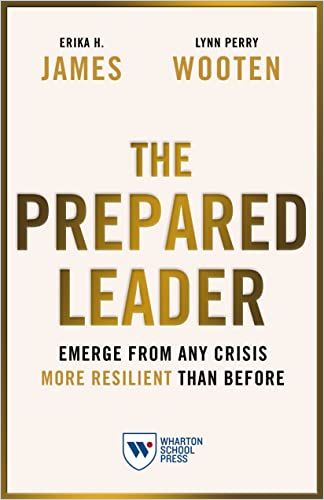7. From Insecurity to Self-Confidence

In 1955, amid the political turmoil in the GDR, my father faced a life-altering decision. As tanks rolled through the streets, the sound of gunfire echoed in the sky over East Berlin. In the midst of this chaos, he resolved not to spend his life in uncertainty. Despite receiving a written rejection from an engineering school in West Berlin and losing his only legal exit strategy, he decided to escape.
After packing a suitcase with his most essential belongings, he boarded a train heading west. The train was overcrowded, and tension filled the air. As it approached the heavily fortified inner-German border, a policeman approached him, questioning his purpose and required documents. With a racing heart, my father confidently declared, “I’m studying in West Berlin. I’m going to be an engineer,” and handed the GDR policeman the rejection letter strategically folded to reveal only the letterhead and sender. The officer gave it a cursory glance, nodded, and moved on.
The train slowly crossed the border, and my father, seated in one of the carriages, experienced a mix of relief and anticipation. Little did he know that this journey would take him to a refugee camp and eventually to a small, remote Swiss village where he would meet my mother.
Many of his neighbors and friends had warned against taking such a risky step, arguing that freedom in the GDR wasn’t so bad. They would come to regret their advice. For me, this narrative serves as a powerful lesson for managers – security is often an illusion, and uncertainty is ever-present. However, those who consciously take risks, stepping out of what is perceived as a comfort zone, retain control and promote personal and professional growth.

For my father, this audacious step had a profound impact on his self-confidence. During challenging times, he would remind himself that if he could escape the GDR, he could handle whatever came next. He drew self-confidence from uncertainty repeatedly.
Three rules:
- Accept Uncertainty: Managers should acknowledge the rarity of absolute certainty. Accepting uncertainty is the first step toward making intelligent and courageous decisions.
- Be Prepared to Take Risks: Mainstream choices may offer protection but often lead to stagnation. Leaders should encourage their teams to take risks, break out of conventional molds, and find innovative solutions to problems.
- Create Your Own Precedent: Base decisions on “right” choices in hindsight. If you identify a keystone decision in your life, one that has led to many other positive outcomes, remind yourself of it to sharpen your awareness for further decisions.
Find all my columns here.






